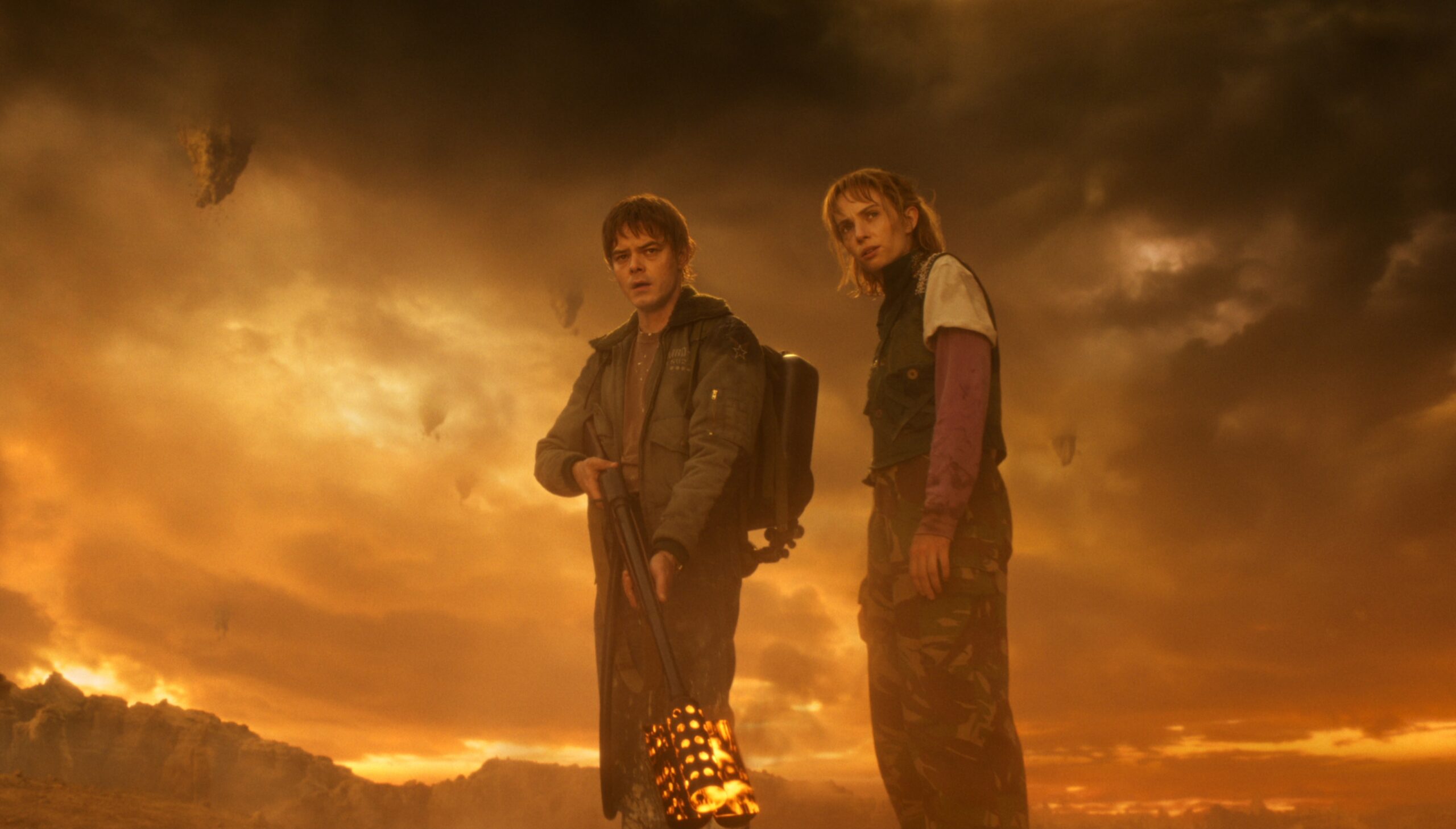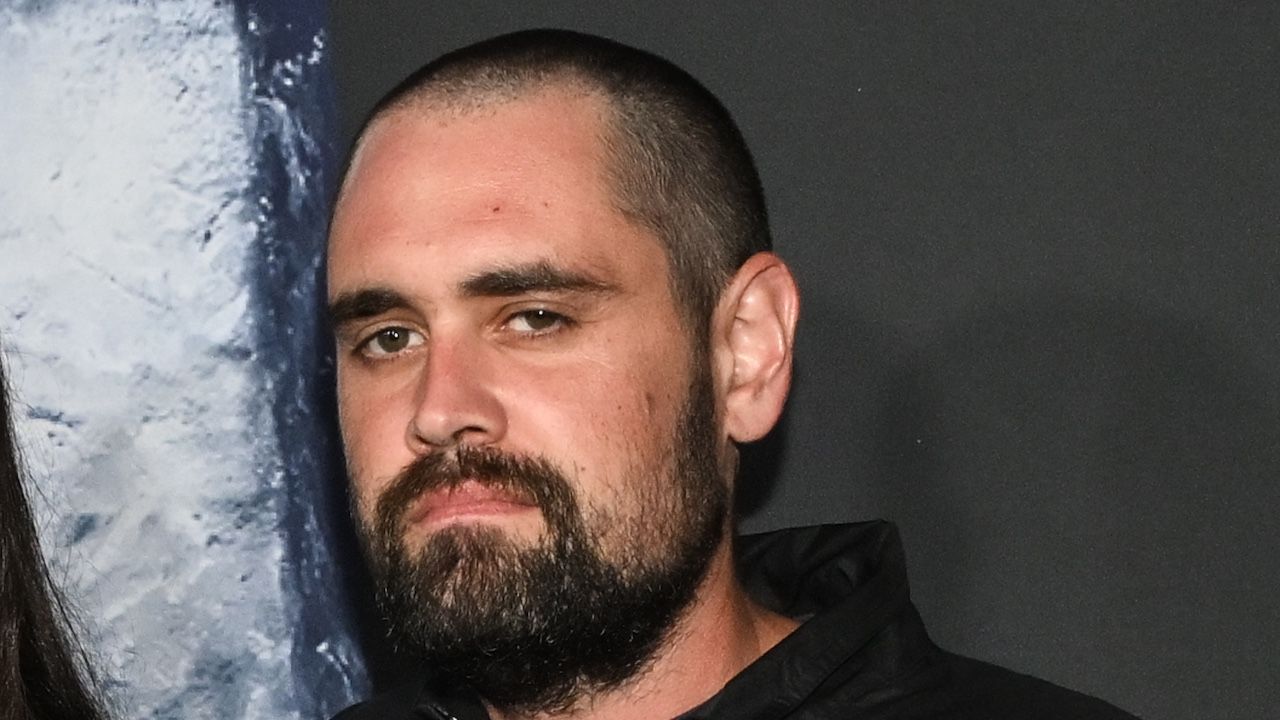A federal judge in Montana on Thursday blocked a statewide ban of TikTok from taking effect next year, at least temporarily preventing the nation’s first such prohibition on the popular video app.
The judge, Donald W. Molloy, said Montana could act as a leader in protecting its residents from harm but must “act within the constitutional legal context,” and he granted a preliminary injunction to stop the TikTok ban. He said a ban of the Chinese-owned app most likely violated the First Amendment and a clause that gives Congress the power to regulate commerce with foreign nations.
“The current record leaves little doubt that Montana’s Legislature and attorney general were more interested in targeting China’s ostensible role in TikTok than with protecting Montana consumers,” Judge Molloy wrote in his opinion. He added that Montana’s “foray into foreign affairs interprets the United States’ current foreign policy interests and intrudes on them.”
Alex Haurek, a spokesman for TikTok, said the company was “pleased the judge rejected this unconstitutional law and hundreds of thousands of Montanans can continue to express themselves, earn a living and find community on TikTok.”
Emilee Cantrell, a spokeswoman for Montana’s Department of Justice, said Judge Molloy had “indicated several times that the analysis could change as the case proceeds.” She added, “We look forward to presenting the complete legal argument to defend the law that protects Montanans from the Chinese Communist Party obtaining and using their data.”
TikTok, which is owned by the Chinese company ByteDance, has been locked in a legal battle with Montana since state lawmakers passed a bill banning the app in April. (The governor signed it in May.) Lawmakers said the ban would protect residents’ data from the Chinese government, significantly escalating a national push to bar TikTok from government-owned devices.
TikTok, which has long said it does not share U.S. user data with Beijing officials, has called the law overbroad and unconstitutional, and requested the preliminary injunction. The fight has been closely watched by free speech advocates, Big Tech groups and policymakers looking to restrict the app in other states and at the national level. The Biden administration has been weighing a proposal from TikTok that the company says would address national security concerns.
The ruling in Montana is the latest setback this year for states that are trying to regulate aspects of online life. Federal judges have temporarily blocked a California children’s online privacy law, an Arkansas law requiring parental consent for minors to create some social media accounts and a Texas law restricting access to online pornography. The Supreme Court is expected to consider legal challenges soon to state laws governing how social media moderates content.
While the ruling on Thursday is preliminary, Jeff Kosseff, an associate professor of cybersecurity law at the Naval Academy, said the judge was unlikely to uphold Montana’s ban later.
“I think given the judge’s reasoning, it makes me seriously doubt that there would be any other outcome further down the road,” he said.
Montana’s law was drafted by Austin Knudsen, the state’s Republican attorney general and a self-professed China hawk. But legal experts anticipated that the rule would have trouble standing up in court, with many saying it violates users’ First Amendment rights. In 2020, federal judges blocked President Donald J. Trump’s attempt to ban the app, saying the administration most likely overstepped its authority by invoking emergency economic powers.
In a hearing before Judge Molloy in October, TikTok said Montana could have enacted a data privacy law or taken other steps to address its concerns.
TikTok sued Montana and funded a separate lawsuit that creators filed in the state; the two suits are now consolidated.
At the hearing, Ambika Kumar, a lawyer for the TikTok creators, said: “Our position is not that the state can never regulate anything on the internet. Our position is that the state has gone completely overboard.”
Montana disagreed. “There simply is no other way to guarantee Montanans safety from the use of TikTok other than a flat ban until it ceases its ties with China,” said Christian Corrigan, the state’s solicitor general. He added that a general social media law would not work, as “TikTok is the only application that has a connection to a hostile foreign power.”
Judge Molloy said in court that Montana could have done “a lot of things” outside of a ban. He suggested regulations around TikTok’s data collection or public service announcements starring Mr. Knudsen: “Why not have the attorney general get on and make a public service announcement that we think that the TikTok is affiliated with the Chinese Communist Party or the Chinese military?”
Judge Molloy called Montana’s effort to protect users “paternalistic” at one point and questioned why it was the only state to pass such a ban. “That seem a little strange to you?” he asked.
“Everybody else is marching, and it’s kind of like the mother that was watching the parade,” he said. “There’s one of the bands that goes by and one guy’s out of step and it’s her son. She said: ‘Look at that. The whole band is out of step except for my son.’”
Mr. Corrigan responded that “states take new types of measures all the time,” and that a state’s being first “doesn’t mean it’s necessarily out of step.”
Judge Molloy’s decision is likely to be noted by other lawmakers in other states.
In September, a group of 18 Republican attorneys general filed a brief supporting Montana’s ban and argued that the court should deny TikTok’s request for an injunction.
The group said in the filing that it had a “compelling interest” in the case, arguing that states had always held “the power to protect their citizens from deceptive and harmful business practices,” and that federal law did not bar states from protecting its citizens from such conduct. Indiana, Arkansas and Utah have all filed their own lawsuits against TikTok in the past year.
“To my mind,” Ms. Krishnan said, “there’s no question that the ban is unconstitutional and it should be struck down, but a reason why so many of us are following the case is that many other states are looking to this.”
Jordyn Holman and David McCabe contributed reporting.






